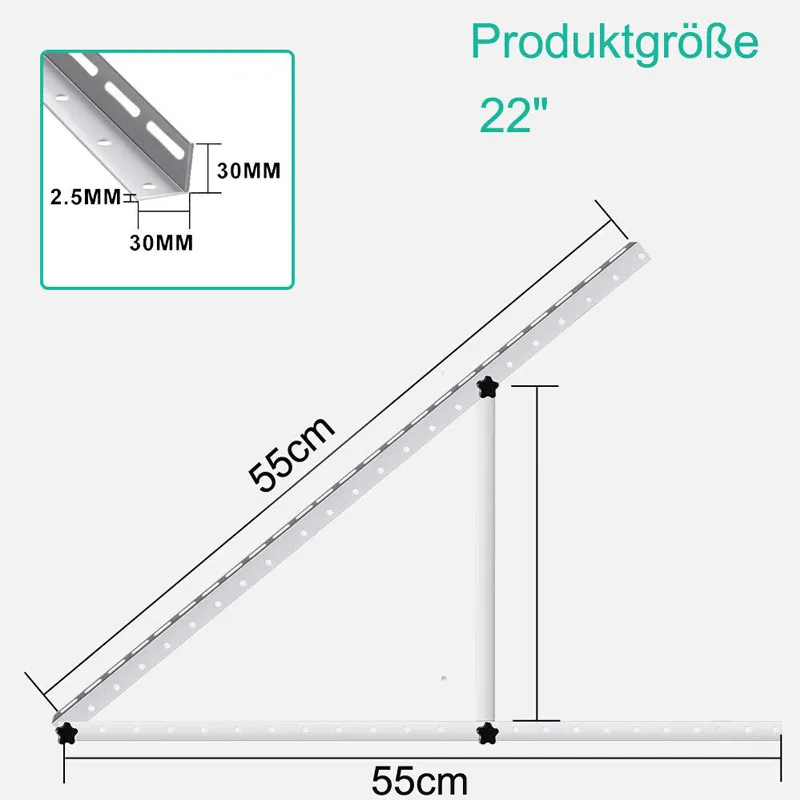

Understanding the Benefits and Applications of Countersunk Self-Drilling Screws for Steel Projects
Jul . 27, 2024 03:57 Back to list
Understanding the Benefits and Applications of Countersunk Self-Drilling Screws for Steel Projects
Understanding Countersunk Self-Drilling Screws for Steel
When it comes to metal fabrication and construction, the choice of fasteners can significantly impact the integrity and durability of the structure. Among various types of fasteners available, countersunk self-drilling screws are particularly favored for their efficiency and aesthetic appeal, especially when working with steel materials.
What are Countersunk Self-Drilling Screws?
Countersunk self-drilling screws, often made from high-strength steel or stainless steel, are designed to create their own holes while fastening. These screws have a pointed tip, which enables them to drill into the material without the need for a pre-drilled hole. The unique geometric design of the screw head allows it to sit flush with the surface of the steel once installed, providing a clean and professional finish.
The term countersunk refers to the shape of the screw head, which tapers down to help blend the screw with the surface material. This feature is particularly important in applications where appearance matters or where a flush finish is needed to prevent snagging or interference with other elements of a structure.
Advantages of Countersunk Self-Drilling Screws
1. Time Efficiency The self-drilling feature eliminates the need for pre-drilling, reducing the time and labor involved in fastening. This is especially beneficial in commercial construction projects where time is money.
3. Structural Integrity These screws provide a strong hold due to their large surface area and ability to penetrate tough materials like steel. When properly installed, they enhance the structural integrity of the assembly.
countersunk self drilling screws for steel

4. Versatility Countersunk self-drilling screws are suitable for a variety of applications, including metal roofs, steel brackets, and industrial machinery, showcasing their versatility across different industries.
5. Reduction of Inconsistencies By removing the need for pre-drilling, these screws reduce the chances of placing unintended gaps or irregularities in the material, which can lead to a more consistent assembly.
Applications of Countersunk Self-Drilling Screws
Countersunk self-drilling screws are widely employed in several sectors. In the construction industry, they are commonly used for attaching metal sheets and panels, securing steel structures, and in HVAC applications. Their use in structural steelwork ensures a robust join that can withstand significant loads and stresses.
In the automotive and aerospace industries, these screws are favored for their lightweight nature and strength, making them suitable for specialized assemblies where minimizing weight is crucial while maintaining performance and safety.
Considerations When Using Countersunk Self-Drilling Screws
While countersunk self-drilling screws offer numerous advantages, several factors should be considered before utilization. It is essential to select the right screw size and type for the specific steel thickness and application to achieve the best results. Additionally, while these screws can be driven quickly, the temperature and environment can affect performance; hence, proper materials should be chosen based on the installation environment to prevent corrosion.
Conclusion
In conclusion, countersunk self-drilling screws provide a powerful and efficient solution for fastening steel, combining ease of use with aesthetic appeal and structural reliability. Their widespread use across various industries underscores their effectiveness as a fastener choice. As with any fastening solution, careful selection and installation are crucial to maximize their benefits and ensure long-lasting performance. Whether you are undertaking a large construction project or a smaller-scale DIY endeavor, incorporating these screws can lead to superior results and enhanced structural integrity.
Latest news
-
High-Strength Hot-Dip Galvanized Bolts-Hebei Longze|Corrosion Resistance&High Strength
NewsJul.30,2025
-
Hot Dip Galvanized Bolts-Hebei Longze|Corrosion Resistance&High Strength
NewsJul.30,2025
-
Hot Dip Galvanized Bolts - Hebei Longze | Corrosion Resistance, High Strength
NewsJul.30,2025
-
High-Strength Hot Dip Galvanized Bolts-Hebei Longze|Corrosion Resistance, Grade 8.8
NewsJul.30,2025
-
Hot Dip Galvanized Bolts-Hebei Longze|Corrosion Resistance,High Strength
NewsJul.29,2025
-
High-Strength Hot Dip Galvanized Bolts - Hebei Longze Metal Products Manufacturing Co., Ltd.|corrosion resistance&high strength
NewsJul.29,2025

